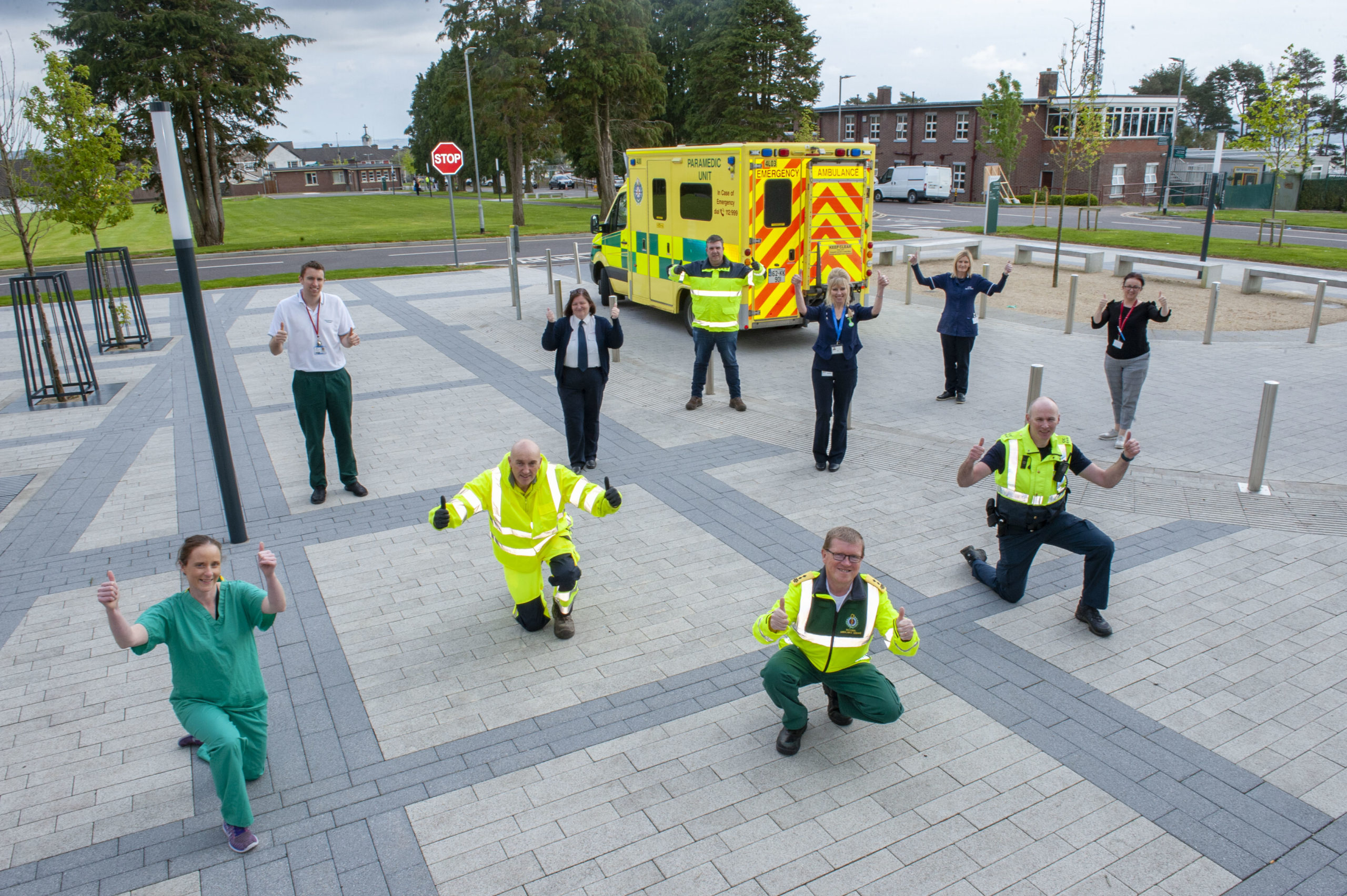28 April 2020
By Mary Bermingham
mary@TheCork.ie
Garda HQ have issued a statement which says the force has adopted a graduated policing response based on its tradition of policing by consent. This has seen Gardaí engage, educate, encourage and, as a last resort, enforce.
The statement continues:
An Garda Síochána continues to experience a high level of compliance with the public health guidelines at the many checkpoints and high visibility patrols it is conducting at tourist locations, natural beauty spots, and parks and beaches.
During this time, members of An Garda Síochána have interacted with hundreds of thousands of people. The vast majority were adhering to the public health guidelines.
In a small number of cases, despite receiving a number of warnings, some individuals did not adhere to the guidelines and the regulations were used under the Health Act 1947- Section 31A- Temporary Restrictions (Covid19) Regulations 2020.
From 8 April, which was when the regulations came into effect, until 25 April 2020 inclusive, Gardaí have invoked the regulations 76 times.
Of the 76 incidents, two were as a result of an instruction from a relevant medical professional as per the Act.
As per Garda policy in relation to the regulations, in all cases where arrests were made under the regulations, members of An Garda Síochána consulted with the Director of Public Prosecutions on the decision to charge.
Some of these incidents are already before the Courts.
In addition, pre-existing enforcement powers were used in 760 incidents where other offences were highlighted in the course of COVID-19 operations. These range from incidents such as from drink driving detected at checkpoints, to drugs seizures to public order offences.
Commissioner Drew Harris said, “There remains a high level of compliance with the public health guidelines. I know this has been difficult for people, but it is critical this high level of compliance continues. This is an important week for the country in challenging COVID-19.
“Unfortunately, there are people who did not adhere to the guidelines and members of An Garda Síochána had no option but to use the regulations or other legislation. It should be stressed though that this is a tiny proportion of the people we have engaged with over this time.
“At the outset of the COVID-19 situation, I said that An Garda Síochána will continue to operate as a community-based policing service with a focus on protecting the vulnerable. This approach will not change.”
From 8 April until 25 April 2020 inclusive, there were 31 incidents of spitting and/or coughing against members of An Garda Síochána.
From 8 April until 25 April 2020 inclusive, members of An Garda Síochána had to use anti-spit guards 15 times.
Anti-spit guards provide an additional tactical option to be considered by a Garda, as a last resort in a continuum of graduated response, in circumstances where ‘there is clear evidence of spitting now or where a member believes there is a clear and tangible threat of spitting posed by the subject’.
Anti-spit guards are a lawful use of force and are currently on issue to international police services.
Commissioner Harris said, “These spitting and coughing attacks on our personnel are reprehensible, and show the challenges members of An Garda Síochána are facing in keeping people safe in unique circumstances. It is vital that we protect their health and safety. This includes having the option of using anti-spit guards in very limited circumstances. We have made it clear these anti-spit guards are only to be used as last resort and in line with the Garda Decision Making Model, which includes at its centre our Code of Ethics and human rights.”
Garda management continuously considers various forms of additional PPE which could be deployed to operational Gardaí.
When considering the use of anti-spit guards in line with the Garda Decision Making Model, members of An Garda Síochána must consider all available options and take into account the individual circumstance of the case including the age of the subject and the particular potential vulnerability of juveniles.
Anti-spit guards will be deployed as a temporary measure for the duration of the COVID-19 public health situation.
Policy, including the extent of deployment, and training for anti-spit guards has been issued and only members of An Garda Síochána who have completed this training may deploy this PPE.
The Garda policy and use of anti-spit guards will be reviewed by An Garda Síochána in September 2020


